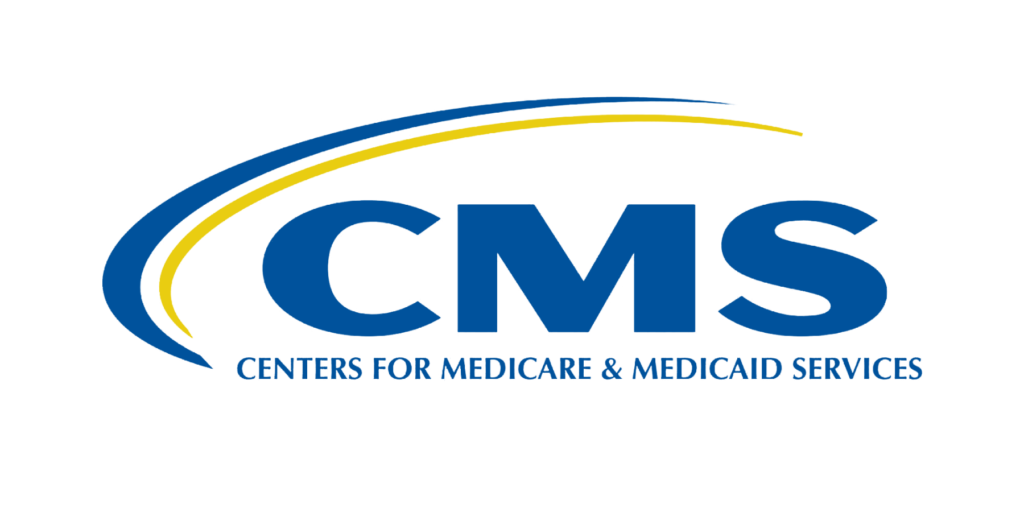CMS Issues Memo to Hospitals: Requirements for Hospital Discharges to Post-Acute Care Providers

On June 6, 2023, CMS issued QSO-23-16-Hospitals. The memo cites areas of concern related to missing or inaccurate patient information upon discharge from the hospital to a post-hospital setting, which can lead to post-acute providers not being properly prepared or able to care for new admissions for whom the post-acute setting did not receive important information prior to admission. The memo states:
PAC providers may not be equipped or trained to care for certain conditions that apply to patients whose information they were not previously informed of by the hospital and have accepted for transfer and admission. Not only can this place the patient’s health at risk, it can also put the health and safety of other residents (in the patient’s home or in a SNF), as well as provider staff, at risk. These situations can cause avoidable readmissions, complications, and other adverse events. Finally, when an individual’s preferences for end-of-life care are not known, they may receive treatments that are unnecessary or inconsistent with their wishes.
The memo outlines several areas of concern where hospitals must not provide inaccurate or incomplete information, including:
- Patients with serious mental illness (SMI), complex behavioral needs, and/or substance use disorder (SUD).
- Medications, such as incomplete comprehensive lists of all medications that have been prescribed to a patient during, and prior to, their hospital stay.
- Skin tears, pressure ulcers, bruising, or lacerations (e.g., surgical site(s), skin conditions noted upon hospital admission and/or acquired during hospitalization), including orders or instructions for cultures, treatments, or dressings;
- Durable Medical Equipment, such as Trilogy, CPAP/BiPap or high-flow oxygen which are used for respiratory treatments and skin healing equipment for example mattresses, wound vacuum machine for treatment of a variety of wounds including surgical wounds, pressure ulcers, diabetic ulcers, etc;
- A patient’s preferences and goals for care, such as their choices for treatment or their advance directives for end-of-life care; and
- Communication (with PAC providers and/or caregivers) about a patient’s needs at home, or how their home environment may impact their ability to maintain their health and safety after discharge from the SNF (e.g., risk of falls, family or caregiving involvement/availability, homelessness, etc.).
The memo continues:
Therefore, we are reminding state agencies (SAs), accrediting organizations (AOs), and hospitals that when patients are discharged (per 42 CFR 482.43), CMS regulations require hospitals to, “have an effective discharge planning process that focuses on the patient’s goals and treatment preferences and includes the patient and his or her caregivers/support person(s) as active partners in the discharge planning for post-discharge care.” Also, “the hospital must discharge the patient, and also transfer or refer the patient where applicable, along with all necessary medical information pertaining to the patient’s current course of illness and treatment, post-discharge goals of care, and treatment preferences, at the time of discharge, to the appropriate post-acute care service providers and suppliers, facilities, agencies, and other outpatient service providers and practitioners responsible for the patient’s follow-up or ancillary care.”
WHCA/WiCAL continues to work with state policymakers and other stakeholders to work to address an ongoing concern of delayed discharges from hospitals to a more appropriate post-hospital setting. Certainly a part of the conversation must be ensuring that hospital patients are discharged to an appropriate post-hospital setting, which maybe be a nursing home, but may also be another post-acute setting such as assisted living, home health, post-acute LTC hospital, or psych hospital.


